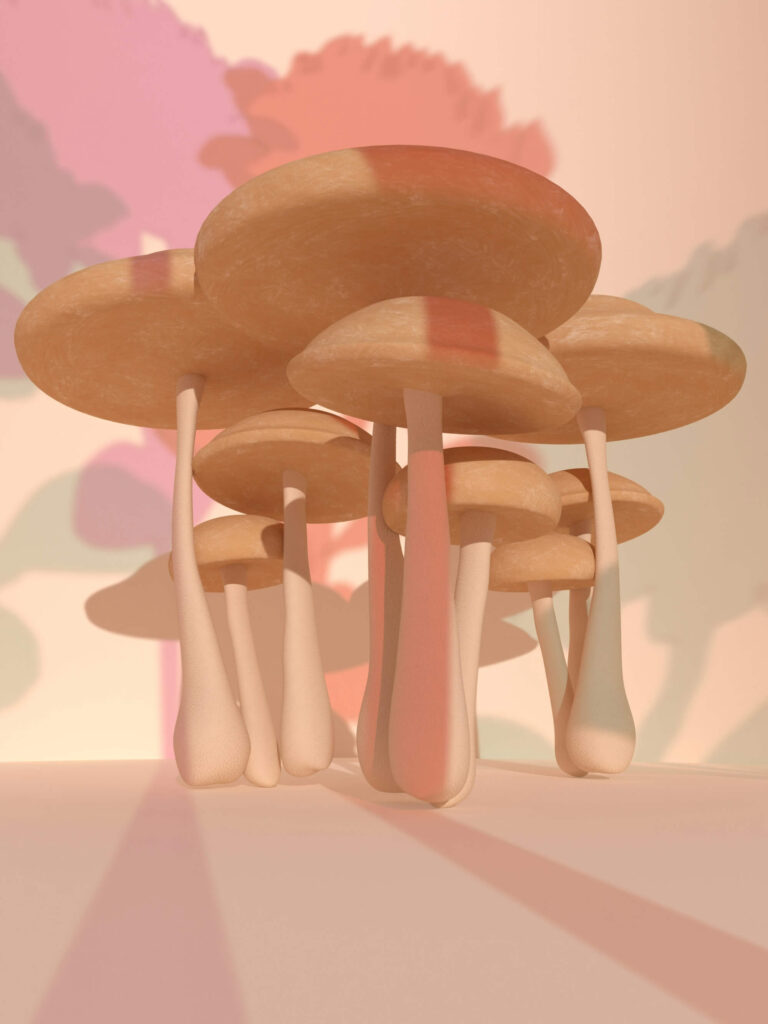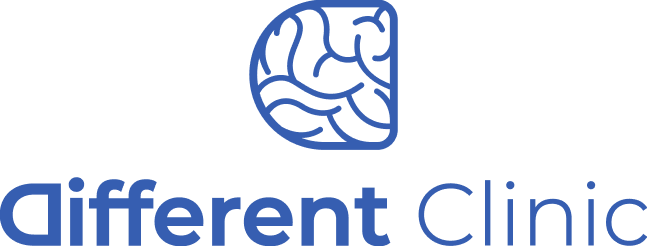A world where healing from trauma, depression, and anxiety is not just a distant hope but a tangible reality. Psychedelic-Assisted Therapy is an innovative approach harnesses the power of psychedelics, such as psilocybin and MDMA, in a controlled, therapeutic setting to unlock deep-seated emotional healing and personal growth.
Backed by rigorous scientific research and gaining momentum in mental health communities worldwide, psychedelic-assisted therapy offers a beacon of hope for those who have found traditional treatments insufficient. Join us to discover how psychedelic-assisted therapy can change your life.


Psychedelic-assisted therapy (also known as ketamine therapy) isn't about getting high; it's about harnessing the potential of psychedelic substances in a safe, controlled setting with one or two certified psychedelic therapy professionals by your side. Think of it like a guided exploration of your inner landscape, where you can unearth hidden patterns, gain fresh perspectives, and reconnect with your core self.
This new paradigm uses the therapeutic potential of psychedelics to induce profound psychological experiences that promote self-integration, enhanced empathy, and improved social connection.
There are several types of psychedelic-assisted therapy, depending on the substance used: On one hand, we have therapies using chemical substances like ketamine, MDMA (better known as ecstasy), and LSD. Ketamine's known for its rapid-acting antidepressant effects, while MDMA can foster a sense of connection and empathy, making it useful for treating PTSD. LSD, on the other hand, can induce powerful introspective experiences.
But psychedelics aren’t limited to lab-made substances. Nature offers its own gift and we have therapies using natural substances like psilocybin (found in magic mushrooms), DMT, peyote, ayahuasca, and ibogaine.
Psilocybin therapy shows promise for treating depression and addiction, offering a natural alternative to traditional medications. Other natural psychedelics like DMT, peyote, ayahuasca, and ibogaine are also being explored, but their usage is often limited due to legal restrictions or their intense nature.
So, each substance offers a unique experience, yes it’s like choosing your own adventure!

The process of psychedelic-assisted therapy can be broken down into three stages:
You’ll meet with one or two experienced psychedelic therapist in Toronto to discuss your goals, concerns, and medical history. They’ll ensure you’re a good candidate and create a personalized roadmap for your journey.
Where you’ll take the psychedelic under the therapist’s supervision. This is when the introspection begins – some experience vivid imagery, heightened emotions, or a sense of profound connection. Don’t worry, though, your experienced psychedelic-assisted therapist will be there every step of the way, providing a safe space and guiding you through the session.
The final act. Here, you’ll unpack the insights gathered from the trip with your psychedelic therapist, translating those newfound perspectives into real-world changes.
Well, unlike your usual therapy couch, psychedelic sessions can involve things like music, guided meditation, or even art therapy. The specific techniques used will depend on the therapist's approach and your individual needs. But remember, this isn't a passive experience. You're an active participant in your own healing journey.
Let’s talk about what is a trip in psychedelic therapy at first. Well, it’s a bit like trying to describe a dream. It’s deeply personal and can range from beautiful and profound to challenging and intense. In psychedelic therapy, a "trip" refers to the powerful effects a person experiences when taking certain medications like psilocybin (mushrooms), LSD or etc. These medications cause changes in how the brain works, leading to intense feelings and sometimes even seeing or hearing things differently. People might feel more connected to others, have strange body sensations, or even have spiritual experiences. It's a deeply personal journey, a chance to see your inner world, gain a fresh perspective on yourself and the world around you. It's like hitting the reset button on your brain, allowing you to rewrite the narration of your life.
The psychedelic experience can be intense, with some people encountering challenging emotions or even scary visuals. But facing those shadows head-on can be incredibly liberating. That’s where your therapist comes in – providing a calming presence and helping you navigate the uncharted territory of your own mind.
When it comes to psychedelic therapy, there are two key terms for a successful session: your mind (set) and the environment (setting).
By focusing on both your mind and the environment, therapists can create the best possible conditions for positive outcomes in psychedelic therapy. Different Clinic is here to provide this proper setting for you.
Researchers are excited about using certain drugs, like magic mushrooms (psilocybin) and ecstasy (MDMA), to help with mental health problems. These drugs might work by creating new connections in the brain, reducing swelling, calming inflammation, and protecting against cell damage. So, these are helpful for depression, anxiety, PTSD, addictions, conditions that affect movement, and even chronic pain.
This is especially promising for people who haven't found relief with other treatments. Remember it's early days, but these drugs could be a new way to help people feel better.

Of course, with any powerful tool comes potential risks. Temporary side effects like nausea, anxiety, or even flashbacks are possible. Potential risks include physiological effects like transient increases in blood pressure and heart rate, which are generally well-tolerated by healthy individual. That's why careful screening and therapist guidance are crucial when considering psychedelic therapy services. However, the benefits of psychedelic therapy are undeniable.
Also, none of the new clinical research studies have reported long-term harms of psychedelic therapy. Research suggests it could be a game-changer for treating conditions like depression, addiction, and anxiety.
Psychedelic therapy can’t do magical works, but it might just be the missing piece for some struggling with treatment-resistant mental health issues. As research unfolds, this therapy has the potential to revolutionize the way we approach mental wellness. It's not about escaping reality, but about confronting it head-on, armed with newfound insights and a deeper connection to your inner self.
Psychedelic therapy is a conversation starter, a paradigm shift in the world of mental health. Here at Different Clinic, we provide this new tool for reducing your pains.
Yes, ketamine treatment for depression is gaining attention for its rapid antidepressant effects, especially in treatment-resistant cases.
Ketamine therapy for anxiety has shown potential benefits, including rapid symptom relief and effectiveness in cases where traditional treatments have not been successful.
Yes, ketamine treatment for depression is gaining attention for its rapid antidepressant effects, especially in treatment-resistant cases.
Ketamine therapy for anxiety has shown potential benefits, including rapid symptom relief and effectiveness in cases where traditional treatments have not been successful.
References:
4711 Yonge St., 10th Floor, Unit 10097, Toronto, ON M2N 6K8
Monday to Friday 8:00 AM to 8:00 PM / Weekends: Saturday from 10:00 AM to 6:00 PM.

